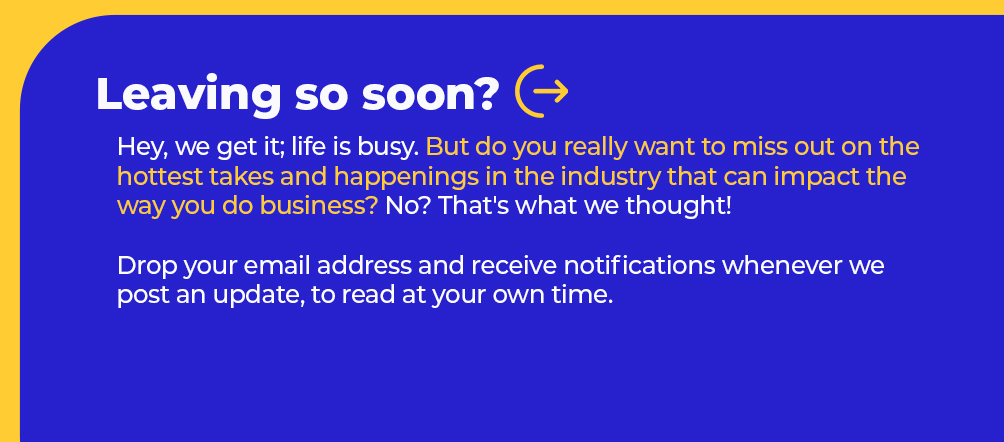How to Maintain a Healthy BPO Work
Your health impacts the way you work. It affects your mood and is detrimental to your performance. In a highly stressful working environment like the BPO industry, how do you stay healthy?
Self-Examination
Aside from an annual medical check-up, we need self-assessment in different areas of our life to grow personally. Dr. Bradford Cooper from Catalyst Coaching Institute introduced the F-5 Assessment which tackles 5 key areas of life, namely:
- Faith
- Family and Friends
- Fuel or Fitness
- Field of play
- Finances
How to Self-Examine with the F-5 Assessment
Self-examination is part of personal development. It helps you achieve a better quality of life. In each area, honestly rank yourself on a scale of 1 to 10. This must not be done in comparison to others, but according to one’s goals.
Cooper also noted that the F-5 is not about finding the perfect balance, but more about examining different areas in your current phase and optimizing the areas that could add value to your current phase.
We go through phases in life like holding a new job position, becoming a parent, and retiring from work. These can be stress factors to BPO work, so it’s important to find out which areas will help support your current phase.
Take Action In Key Areas of Your Life
Now that you know which areas you need to improve, take small actionable steps to achieve them. For instance, when you’re in the parenting stage, you might have to increase your time with your child. So, you get a house help to do the chores to focus on your child. This is a good example of a small actionable step rather than trying to do all things by yourself.
Learn to Communicate Effectively With Other People
Leadership guru John Maxwell says there’s no such thing as business ethics. He means that the way you treat people outside work is the same attitude you bring at work. Communicating effectively in your BPO work is so crucial. It keeps projects at bay, it avoids confusion and exhaustion.
Effective Online Communication
BPO work especially in the pandemic relies heavily on technology for communication. Some of the ways we communicate with our teammates and clients include chat, video conferences, and audio calls. We want to keep a good relationship with them as possible because they are part of our well-being.
Naturally, we tend to project how we communicate based on the person’s personality, but that usually won’t work anywhere. Taking into consideration the words of Maxwell, our role is to be consistent communicators. We have to practice a good attitude to anyone and that’s being professional!
10 Commandments of Communication
Inc. revealed 10 rules for successful communication which anyone can practice.
These include:
Consideration
Communicating effectively means it’s not about you, but the person who’s talking to you. You as the listener should consider the need of the person. Avoid using verbal or non-verbal cues to shut down the person’s feelings or the conversation.
Focus
Focus on the listener. Stop multitasking. Give them your time. When doing BPO work like listening to the customer or recording the details of the issue, you need to focus to be able to provide a fast and efficient solution for them.
Attentiveness
While we can’t necessarily observe non-verbal cues over the phone, we can examine by the noise or verbal expressions that the person does. For example, you could hear the customer taking long deep breaths when they can’t wait any longer.
Reflective Listening
Sometimes it takes more intuition to understand what a person means than listening to what they’re saying. We often perceive customers as rude when they shout out their problems for instance, but when you take time to consider them and what they’re feeling, you find out that they just really want to get things fixed so they can return to their normal routine.
Waiting for a speaker to finish
Oftentimes, we get excited to speak, that we interrupt the person who’s currently talking. In a video conference, it’s hard to tell who’s going to speak next when everyone else is on mute or the cameras are off, so it’s important to use the raise hand signal or chat box to volunteer to talk next.
No name-calling
Whenever workmates become familiar with each other, there could be a tendency for name-calling on the chat boxes or even in person. It’s important to call out privately those who name-call because it can damage the reputation of the other party in the workplace. Name-calling also results in anger, loss of confidence, or shame.
Stick to the issue at hand
When dealing with problems at work, always stick to the issue at hand, and not blame anyone. Never bring up past issues. This will keep a good BPO work relationship among colleagues.
Be slow to anger
We can be angry but we have to learn to keep it to ourselves. We also cannot let it consume us because it’ll affect the way we work. Likewise, we have to release it to the proper channel when we are not able to manage it ourselves. Talking to HR, supervisors, or team leads can be a good way to release it, so we can also receive sound counsel from them.
Stay on track with the rules
Whatever company policies and project processes are set in place, always obey them. That keeps everyone working harmoniously.
Start and end positively
When we want to point out an issue that needs to be fixed, we always start with praise or thank you towards the person for their time to listen then explain to them the problem. Afterward, we should always end positively by thanking them for listening and instill hope that things get better. This commandment is also called the sandwich technique. It is useful for maintaining good connections among work peers.
In conclusion, if you have any problem with any BPO work, always channel it to the right person who can address the issue.
For more professional tips, subscribe to our newsletter.



 Follow on Instagram
Follow on Instagram


